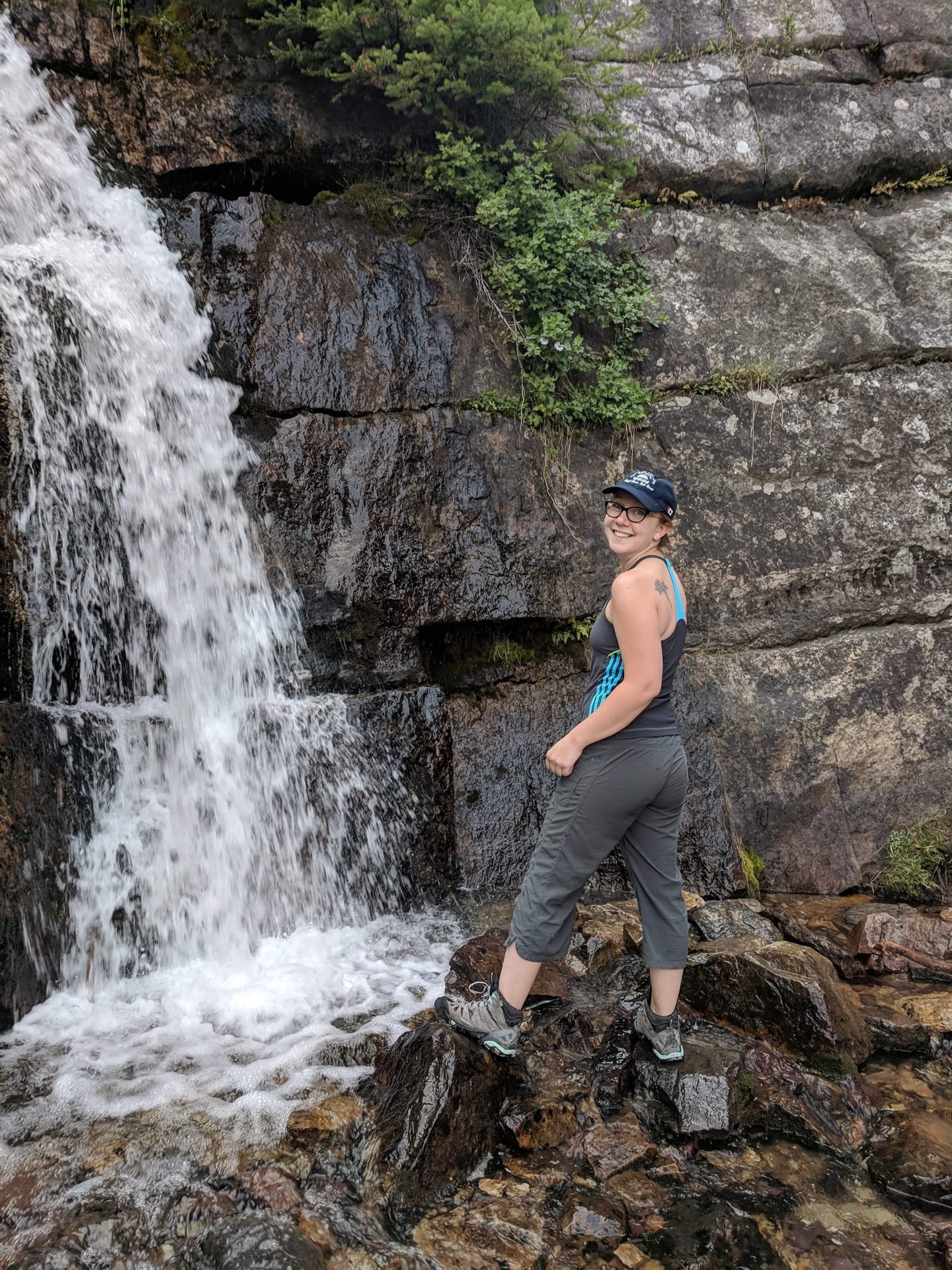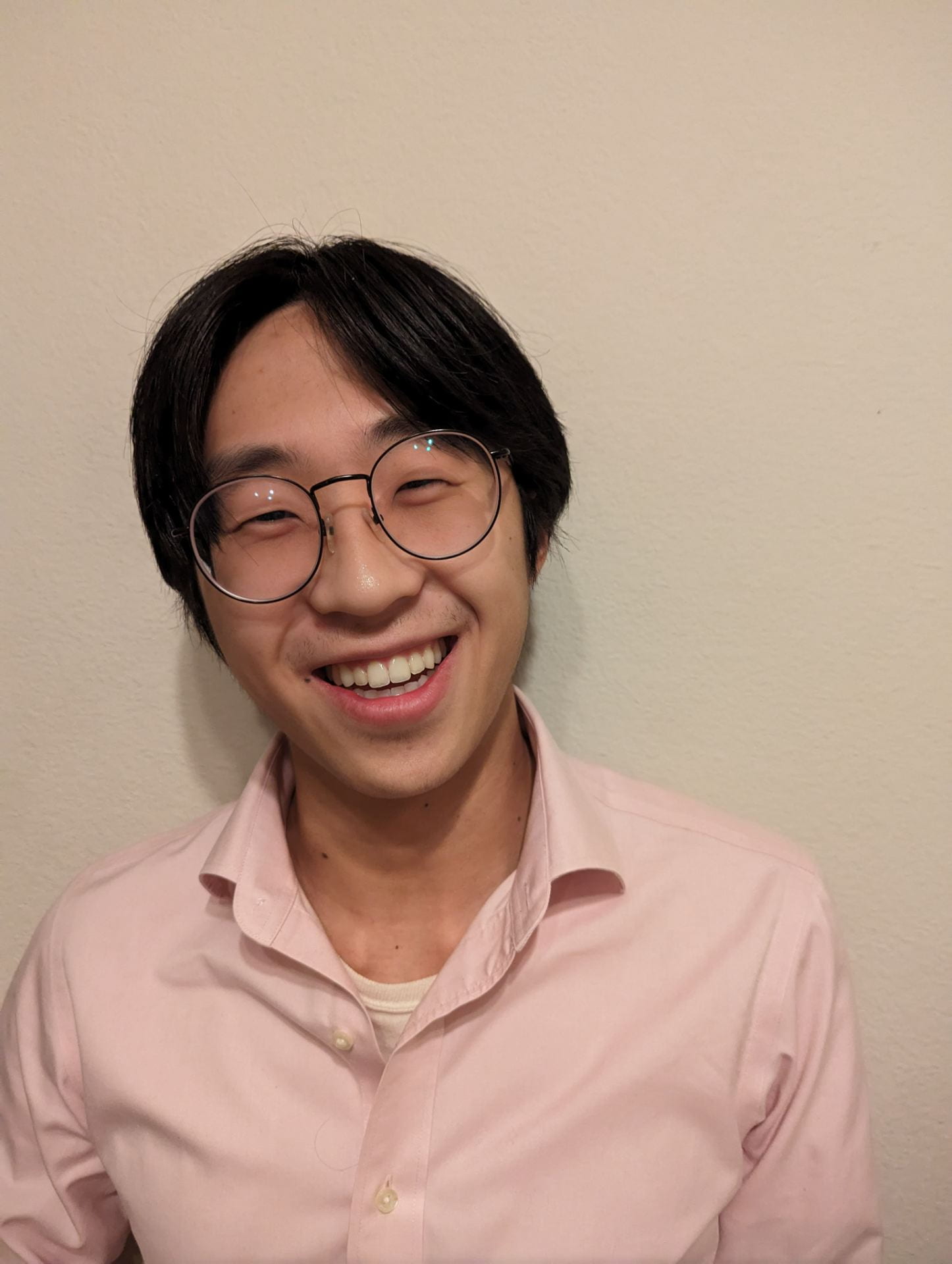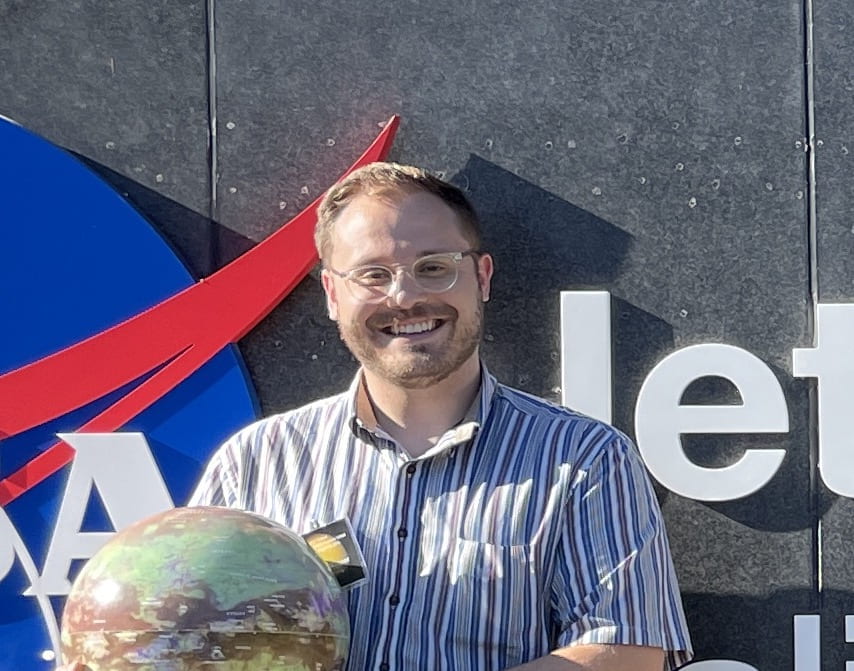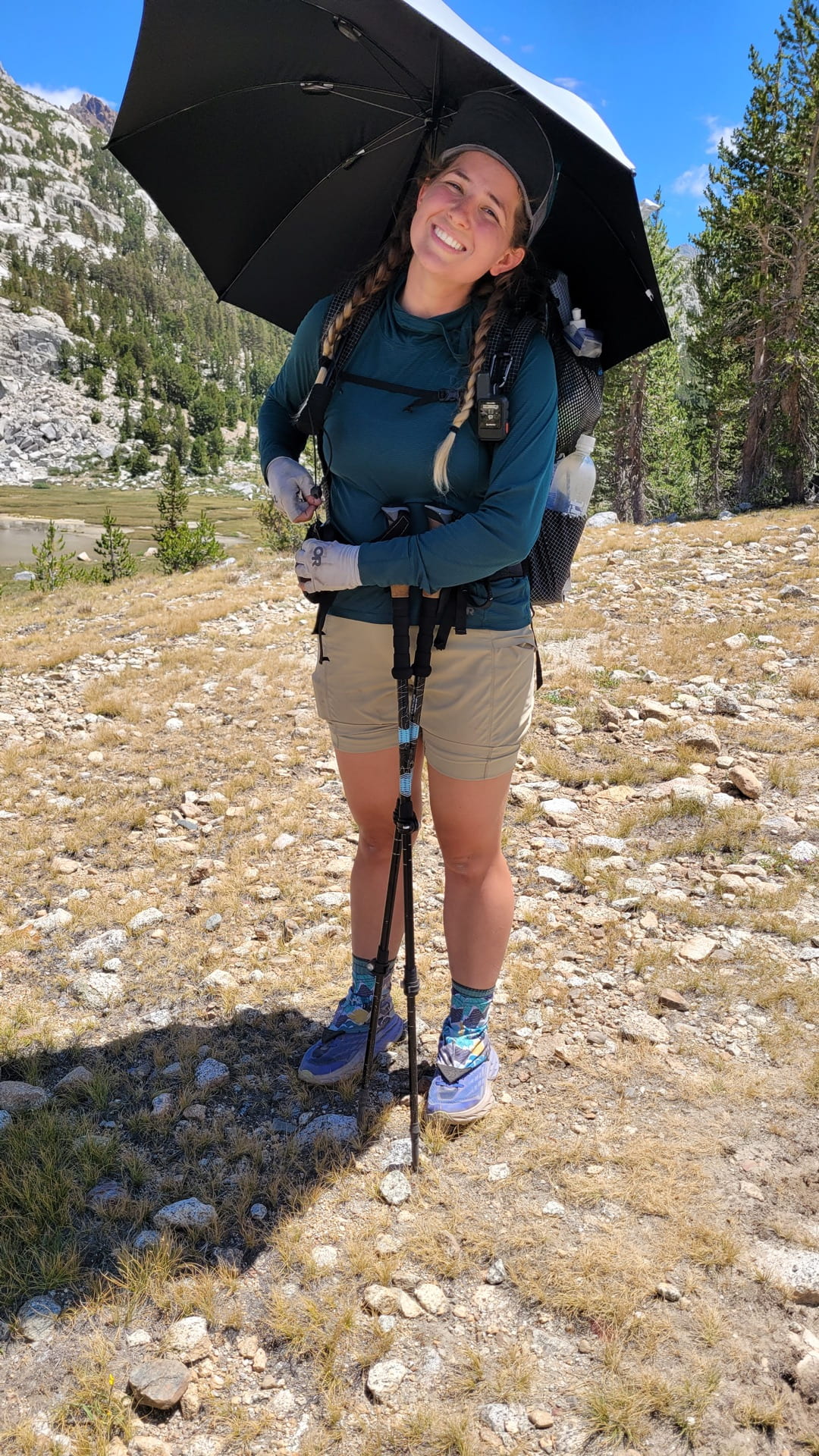For Pre/Teen Learners
This page explores Present Your PhD’s presentations given to audiences in 5th grade or older. If you are interested in presentations for other audiences, please explore our Collaborators Home Page and select the option that best fits your group.
Hello! If you are an educator of learners 5th grade and beyond, below are the PyPhD members who are available this semester to come present their research. Please explore their bios below! After, send us an email with some times you are interested in having PyPhD present, along with your top preferred 3-5 presenters.
If you are an educator of learners outside this age range, we encourage you to explore our other pages to learn more about our presentation for younger learners and how PyPhD establishes new partnerships with educators by exploring our Collaborator page.
If you do not have a specific presenter in mind, let us know of your class’ interests or your curriculum and we will do our best to match you with a Presenter who fits those themes.
Anthropology
Biochemistry / Chemistry
Engineering and Computer Science
Environmental Science
Geology/ Geoscience
Health and Performance
Molecular Biology
Organismal & Environmental Bio
Physics and Math
Psychology and Neuroscience
Statistical Sciences
2025-2026 Presenters
Updated at the beginning of each academic year
Paige Plattner
Topics: human health, food insecurity
Paige is a PhD student of the Reynolds lab studying the impacts of epigenetics and food insecurity on human health.

Marcela Pfaff
Topics: coming soon
Marcela is a fourth year PhD candidate studying anthropology.

Anna Samsonov
Topics: developmental plasticity
Anna is a PhD student in the Anthropology department, working with the Human Evolution, Biology, and Health Lab. They are researching the impact of social environments on developmental plasticity. They hope to pursue a career in public health, following a passion for health promotion and community outreach.

Emily Alonzo
Topics: RNA, proteins, accessibility, blindness
I am a biochemistry graduate student in the Shaw Lab focusing on RNA and RNA modifications. Additionally, I focus on making the chemistry lab and science materials more accessible to the blind and visually impaired. I work with people with blindness or low vision and help them to feel more confident in scientific careers.

Thushani Punchipatabendi
Topics: biochemistry
Thushani is a graduate student in the Trakselis Lab studying biochemistry!

Chloe Sells
Topics: organic chemistry, inflammation, transplants
Chloë is a Chemistry PhD student in the the Kane Laboratory. Her research is focused on developing localized drug delivery systems.

Sadia Sinty Disha
Topics: biochemistry
Sadia is a graduate student in the Trakselis Lab, which focuses on DNA and DNA enzymes.

Isaac Liu
Topics: Additive Manufacturing, Materials Science, Engineering
Isaac is a PhD student in materials science, working with the Point-of-Need Innovation Center under Drs. Jordon and Allison. He is studying the process-structure-property relationship of additive friction stir-deposited aluminum alloys and other metal additive manufacturing processes.

Micaela Vavra
Topics:
Coming soon! Check back for updates.

Nick Wagner
Topics: Mars, Planetary Science, Geophysics
Nick is a PhD student with the Planetary Research Group studying the planetary geophysics. He studies the inside of Mars using gravity and topography measurements along with modeling techniques. This data analysis and modeling work can help figure out what is happening inside the red planet and what it means for how the planet has evolved over the last 4 billion years.
We do not currently have Active Presenters from this semester. We may again in a future semester. Thank you for your understanding!

Kayla Haberman
Topics: Biology (genetics, DNA replication, proteins), CRISPR, breast cancer
Kayla is Ph.D. candidate in Dr. Joseph Taube’s Lab studying breast cancer. Breast cancer is known to affect 1 in every 8 women. Being a woman herself, she became motivated to understand the mechanisms by which metastasis arises. Through the epithelial-to-mesenchymal transition, the cells undergo a dramatic change in structure, motility, and protein expression. She is interested in understanding how the cell can modify the DNA, without modifying the genomic sequence. Understanding epigenetic regulation provides insight as to what proteins interact with the DNA, what part of the DNA is considered a ‘hot spot’ for protein binding, and how chromatin accessibility controls the entire process.

Liz Waymire
Topics: Global health, genetics, tropical diseases
The mosquito Anopheles stephensi is a carrier for diseases like malaria, and is typically found in south Asia. However, this mosquito was detected in the Horn of Africa starting in 2013. An. stephensi has the threat to increase malaria transmission as much as 50% in the country Ethiopia, so vector control methods need to be implemented. Insecticide is a common method of vector control, but insecticide resistance has already been found in this new mosquito. I am working to investigate the presence of a bacteria in the mosquitoes in Ethiopia to see if it can be used to decrease the mosquito population and control malaria transmission.

Lacy Miller
Topics: Limnology, Biology, Environmental Science
Lacy is a PhD student in the Biology department. Her research focuses on Limnology (the study of inland waters) with emphasis on small water bodies such as ponds as well as environmental DNA collection from water bodies.

Geeth Ongle
Topics: Black holes, quantum gravity, gravity
Roughly 100 years ago, Einstein came up with a new theory of gravity that succeeded all the previous ones. Apart from explaining everything with more accuracy it also had some remarkable predictions. One of them is the existence of Black holes. Despite all the criticism, we observed these exotic objects with the help of Gravitational waves in 2015. Recently we were also able to take a picture of a Black hole that is a million times heavier than our sun. Although our understanding of these objects has grown by leaps and bounds in these 100 years, we do not have a clear understanding of what happens inside a black hole. It is believed that we need a theory of quantum gravity to understand these regions. Although unfortunately, we do not have such a theory, scientists have been using semi-classical methods to study the interior of a black hole. My research is focused on these aspects

Duncan Miertschin
Topics: Materials, lasers, magnets
Duncan Miertschin is a graduate student in physics specializing in material science using pulse laser deposition, nano magnetic structures, and laser spectroscopy both in the Ferroic Systems lab with Dr. Alan Farhan and the Materials in Extreme Environments lab with Dr. David Hilton. Duncan received his undergraduate degree in physics from West Texas A&M University in Canyon, where he still collaborated with his old advisor. He hopes that his research and outreach can help make people’s lives easier with faster and more efficient technology as well as better ways to produce and store renewal energy.
